Event
Clockwork: The Agency Process and Operations Conference
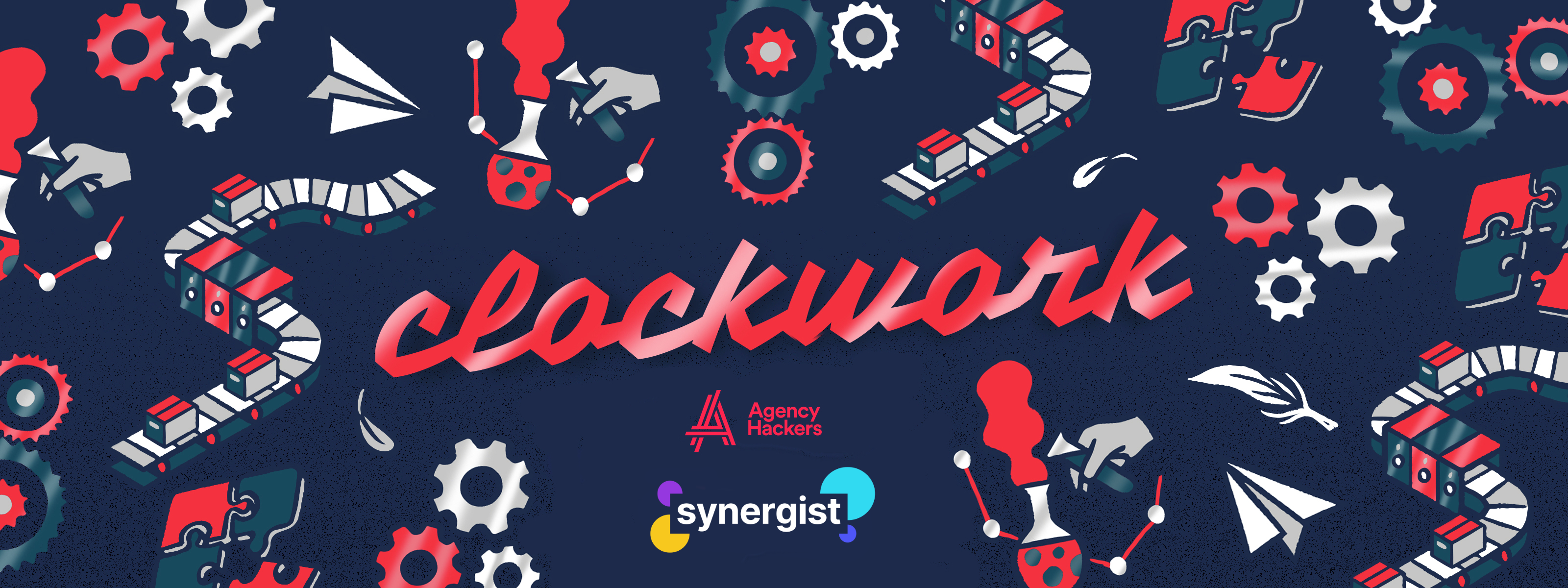
topline infoRmation
Are you on a journey to improve your agency’s process and operations?
Join us for an afternoon of inspiring talks and case studies, to help you decide what will help you put your best foot forward in 2026.
📅
⌚
📍
Event Manifesto
The agencies that run like clockwork don’t just “get things done” – they design their operations to be the engine for everything else.
Event curated by:
-

Abi Donoghue
-
“Fast-paced used to be a selling point. Now efficiency beats urgency,” is what one COO told me.
Agencies are still expected to move quickly, but the margin for chaos has disappeared. With AI accelerating delivery, clients want certainty, not necessarily super human speed. Teams are also stretched thinner, and the systems that “mostly worked” are starting to crack under pressure.
From the conversations I’ve been having, agencies don’t seem to be in a place where new tools are the focus. They’re in a place where ops leaders are having to step up even more.
AI hasn’t reduced the need for operational leadership, instead it’s made it more visible. I’m seeing ops leads pulled into conversations about structure, pricing, performance, and risk.
Not because they want to be, but because that’s where the cracks show up first.
What used to live in spreadsheets, workarounds, and “we’ll fix it later” now has consequences.
Resource planning, utilisation, recoverability, and performance frameworks aren’t back-office concerns anymore. They’re how agencies stay profitable without burning people out.
Culture shows up in systems. In how feedback is given, how expectations are set, and how early problems are addressed before they become expensive ones- especially as new employee laws come in this year.
But above all, despite everything automating, judgment still matters. Developing people still matters. Craft still matters.
Clockwork is a space for the ops leaders doing that work.
The ones quietly shaping their agencies survive and what comes next.
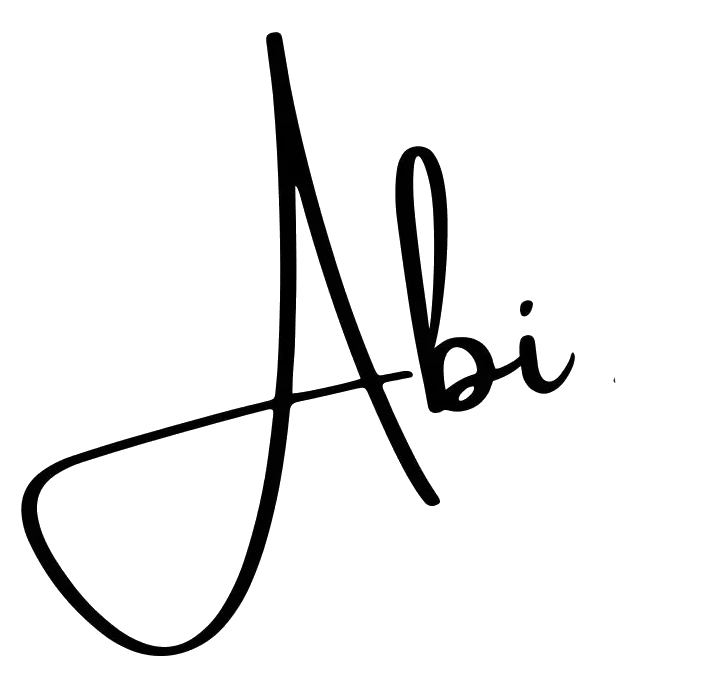
SPEAKERS
⏳ Speakers
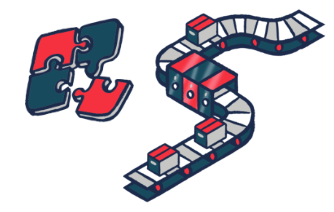
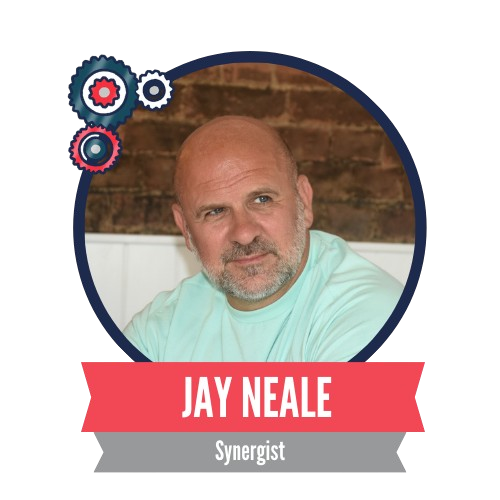
Timesheet confessions: The truth about time in agencies
We all know timesheets matter. So, why is getting people to do them properly STILL one of the biggest headaches in agency operations?
Behind every reminder, every Friday panic, and every “I’ll just do it later”, there’s something else going on. Quiet workarounds, invisible pressures… there’s a lot we don’t say out loud, until now.
In this interactive talk, Jay Neale, from our partners, Synergist, puts the truth front and centre-stage (literally).
Because here’s the reality: nobody is innocent.
And it’s not laziness, a bad attitude, or a ‘compliance problem’. It’s human. And it’s costing you more than you think.
We’ll dig into why teams lie on timesheets, why your data is more fiction than fact, and what actually works when hundreds of best-practice lectures haven’t.
Expect honesty, and a few uncomfortable home truths. Come ready to confess and leave with a fresh perspective on timesheets – and on running your agency.
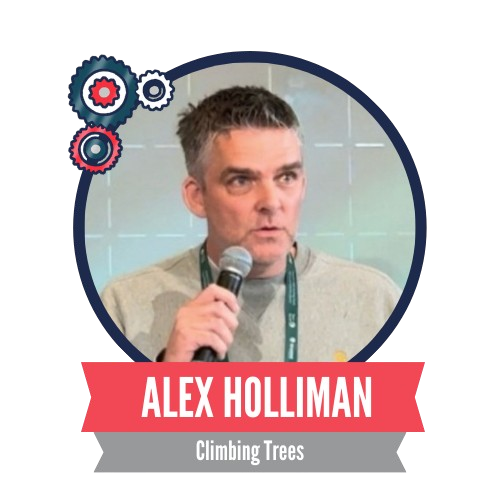
How to keep on top of over-servicing
In this behind-the-scenes session, Alex Holliman from Climbing Trees shares how a team that once “tracked our hours in a spreadsheet and literally never looked at them” rebuilt their entire approach to capacity, over-service, and client profitability.
For years, they were consistently over-servicing, in some cases “three times what they would be paying us for and we’d never check.”
Now?
If you don’t have the hours, you physically can’t track the time.
Over-service has to be approved, hours are capped by client and by person, and a simple form triggers a VA to reallocate time – without ops becoming the bottleneck.
If over-servicing feels ‘rife’ in your agency, or you suspect profitability is leaking quietly in the background, this is a practical look at how one team tightened the system — without building a monster process.
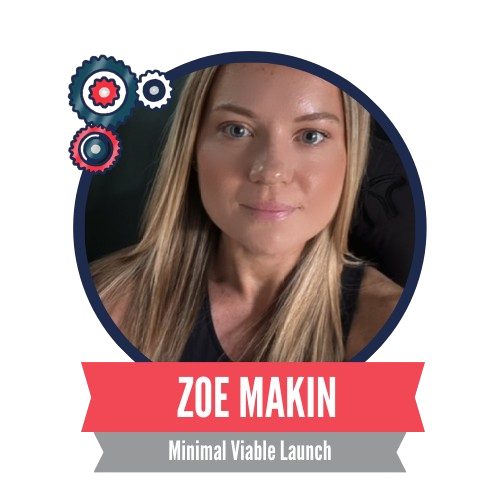
Stop Being the Bottleneck: Building Teams That Run Themselves
“I just dropped my pen and left. And I never went back.”
Zoe Makin says that casually — but it’s the most operational thing you’ll hear all month.
Because burnout isn’t a mindset problem. It’s a systems problem. And in ops, the system is often you.
Back when she was head of English, Zoe hit the point where she “physically [didn’t] have time” to do what was being asked. She walked out mid-breakdown, left her stuff in the building, and walked away from a 10-year career.
Four years later, she’s gone from intern to CEO. But this isn’t a comeback story. It’s a talk about what happens when your nervous system becomes the bottleneck in your business — and how to design it out.
Zoe now runs ops with one core principle: calm is contagious. When someone brings a “massive problem” to you, your reaction sets the temperature for the whole organisation.
She’ll share her emotional regulation loop (“I’m going to give myself an hour to have that emotion… then I’m moving on”), her “nine whys” root-cause drill, and how Minimal Viable Launch builds radical ownership so decisions don’t stack up on the COO’s desk.
If you’re firefighting, absorbing everyone’s stress, and feeling it “all down [your] back” — this is your operating reset.

Profit Reporting
“Most agencies don’t suffer from a lack of data. They suffer from a lack of visibility.”
That’s the uncomfortable truth behind this session.
Spreadsheets exist, dashboards exist, and reports get generated. But the numbers are often “too messy, too late, or too shallow to be useful,” according to Peter Czapp.
And when that happens? Founders default to penny-pinching overheads instead of pulling the biggest lever available to them: gross profit.
In this session, Peter will break down the reporting rhythm that separates average agencies from resilient ones.
At Wow, the benchmark is simple:
50%+ gross profit.
20%+ operating profit.
We’ll explore how to go deeper, not wider – slicing profit by service, client, project and team member to find your ‘Profit Sweet Spot’.
And we’ll look at how the best agencies build a weekly, monthly and quarterly reporting cadence that actually drives decisions, not just retrospective commentary.


FAQ
Event FAQs

